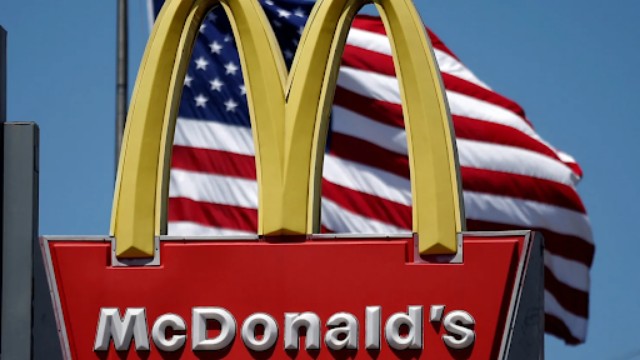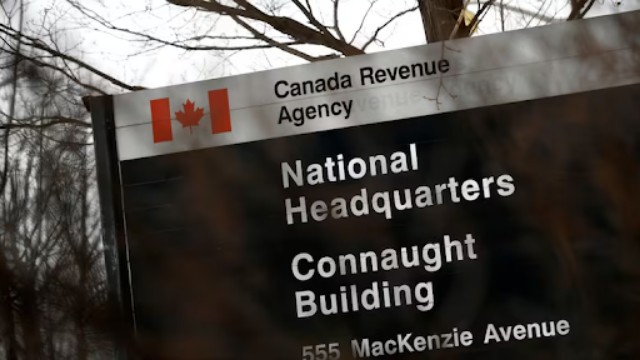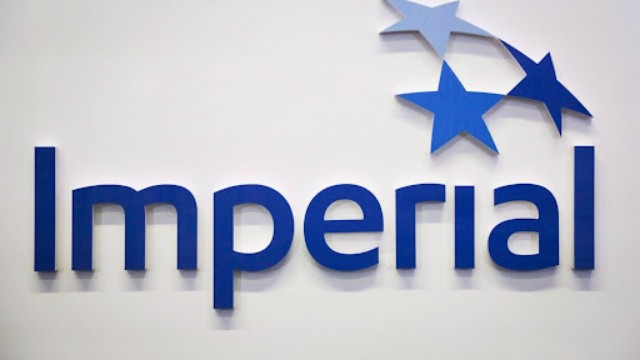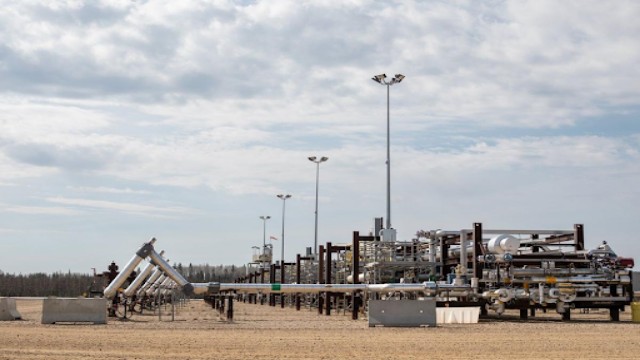
With rising political instability in the U.S. and Europe, investors are turning to UK markets as a secure place to invest their money.
As political instability rises in the U.S. and across Europe, investors are increasingly looking at UK markets as a safe place to put their money. This marks a surprising shift for a country that had lost much of its appeal to global investors in recent years.
The recent landslide victory of the Labour Party in Britain’s election has sparked hopes for stable policies and better trade relations with the European Union. This could help revitalize an economy that has struggled since the Brexit vote in 2016.
In contrast, France is facing political gridlock and rising debt, reminding many of past eurozone crises. Meanwhile, uncertainty looms over the potential return of former U.S. President Donald Trump to the White House and what that could mean for global markets.
Encouraging signs are emerging for the UK economy, with some bankers predicting a rebound for the stock markets that have been battered by years of turmoil under various Conservative administrations. The BlackRock Investment Institute, the research branch of the world’s largest asset manager, recently expressed optimism about UK stocks, hinting at a possible change in sentiment among major global institutions that have been wary of Britain since 2016.
However, even those investing in the UK acknowledge that this newfound appeal may not last unless Prime Minister Keir Starmer can implement bold policies that improve living standards without further straining the country's finances. César Pérez Ruiz, chief investment officer at Pictet Wealth Management, commented on the election's positive effects, but emphasized the need for detailed fiscal plans from Starmer.
Despite the political shifts, there have been some challenges. Since the July 4 election, investors have continued to withdraw money from UK equity funds and stock market trackers, according to data from Lipper. Yet, there are also reasons to be hopeful. After a period with few new listings in London, major companies like Shein and De Beers are planning to launch initial public offerings (IPOs), which could revitalize the market. The UK market regulator has also expedited changes to listing rules to encourage more IPOs.
London’s share of European IPOs has drastically decreased, dropping from 28% in 2021 to just 1% in the year leading up to mid-May. However, there are signs of increased interest, with more companies holding early-stage investor meetings and discussing IPOs.
Some major investors are also becoming more optimistic about the UK. Salman Ahmed, head of multi-asset at Fidelity International, believes that a positive cycle could emerge if Labour strengthens EU trade links and boosts business spending. While Fidelity maintains a neutral stance on Britain, some funds are starting to increase their exposure.
Despite these hopeful signs, there are still significant concerns regarding the UK’s public finances. State borrowing is nearing 100% of the country’s economic output, and the chaos from Prime Minister Liz Truss’s poorly funded mini-budget in 2022 is still fresh in investors’ minds. The Labour Party aims to attract private investment to improve infrastructure and housing, which could drive growth beyond the modest 0.7% expected for 2024.
Though there is potential for growth, the UK’s bond yields have increased this year, and the country is not viewed as a safe haven for debt without evidence of a commitment to fiscal responsibility. Despite some positive indicators, the FTSE-100 index has underperformed compared to global benchmarks.
While there is cautious optimism about the UK’s risk-reward balance, true capital inflow may take more time to materialize.















